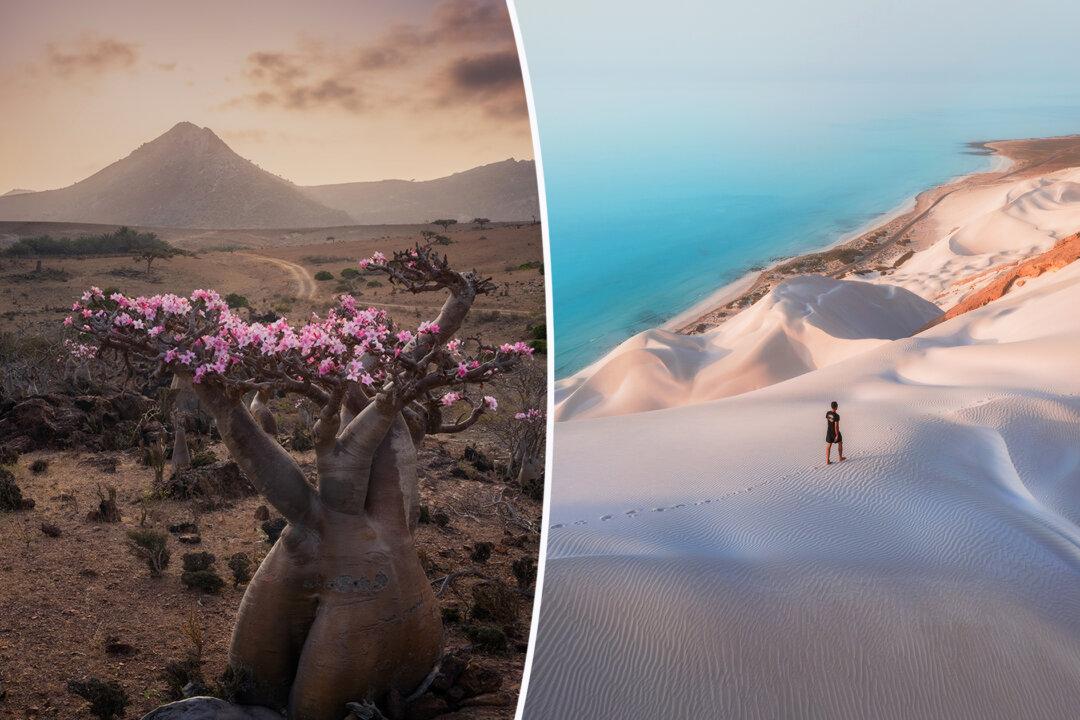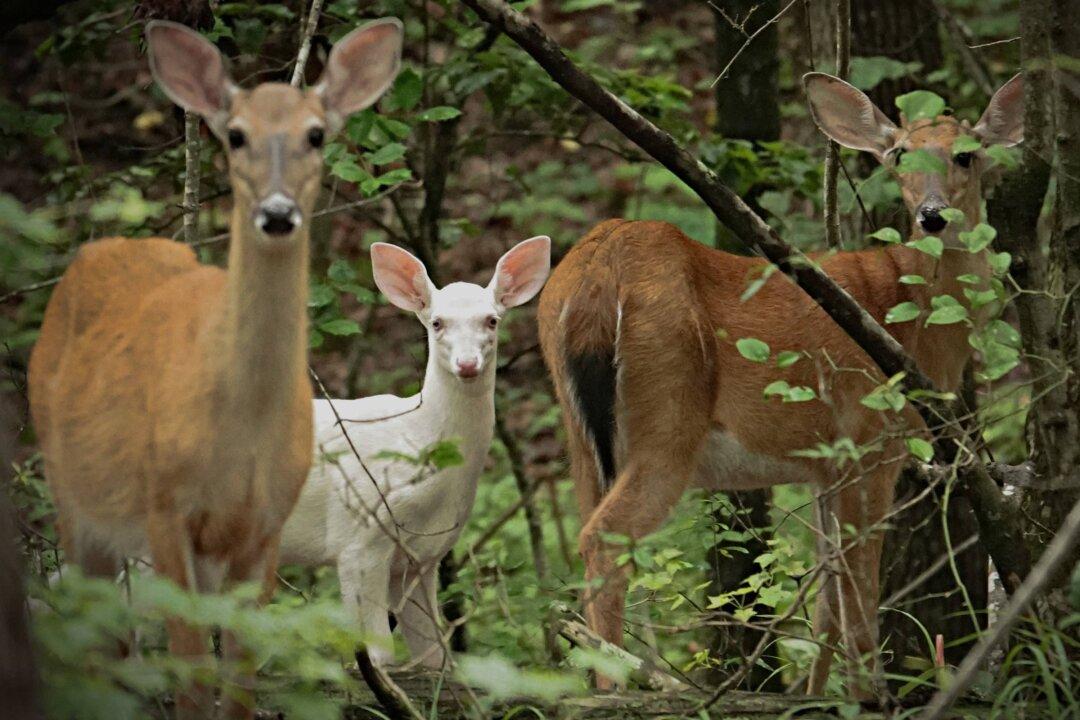An adventurous Russian-born photographer recently captured some outlandish landscape images of Socotra—an island of extraordinary geography off the east coast of Africa and Yemen. Words cannot properly describe some of the pictures the trip produced.
Daniel Kordan, a Nikon ambassador who now lives in a gorgeous villa in Tuscany, journeyed to Socotra with a mission to capture the unique island’s stunning features, including its remarkable flora and white sand dunes. He describes the island as “one of the most stunning places on the planet to photograph.”






